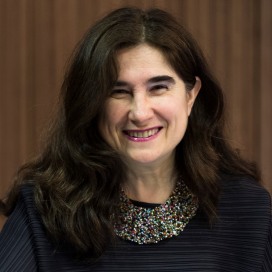
AGGI.UNH | Chair
This roundtable will serve as a space to discuss and share experiences, strategies and actions for the implementation of the New Urban Agenda and urban dimension of the SDGs. Women often carry an extra burden, and often experience greater difficulty in accessing urban resources and services tailored to their needs, as well as decision-making opportunities and positions. Gender equality and inclusion are emphasized in the New Urban Agenda as transformative commitments.
This meeting will focus on how implementing the New Urban Agenda supports mainstreaming gender equality and women’s empowerment in human settlements. The roundtable will create an opportunity for women to share innovative ways to bring their voices into the planning and development process. Speakers will vary from national and local government, individual women and civil society groups and well as professionals and academics.
Innovative gender transformative urban solutions to housing, mobility, planning, and governance.
UN-Habitat is dedicated to achieving gender equality in human settlement development. Furthermore, UN-Habitat is uniquely positioned to ensure the inclusion of women in the rapid urbanization process. According to the 2030 Agenda for Sustainable Development, "there is a critical need for a transformational change in development, so that no one is left behind." Despite the growing relationship between social and economic development, there is a lack of focus on the impact of gender inequality and the role of women in the urbanization process.
Women are excluded from participating in local government structures and decision-making processes, including urban planning and design. It is critical to remember that women must be included in decision-making processes and create sustainable solutions for themselves and their cities. Improving women's active and meaningful participation in decision-making and policy development will change their political and socioeconomic status.
In terms of mobility, women's safety entails strategies, practices, and policies aimed at reducing gender-based violence, as well as women's vulnerability to crime. As a result, gender sensitive policies, planning, and approaches to preventing crime and violence against women must include development and safety strategies.
As a result, it is critical to emphasize that participatory urban development with girls and young women, local actors, and multi-level decision-makers opens up possibilities for more inclusive, equal, and sustainable urban development. 'Her City', an initiative to assist cities in scaling up and mainstreaming girls' participation in planning strategies to build sustainable cities and societies, is one of best practices that can serve as an example of a method of creative gender transformative urban solutions.
Gender transformative practice in local governments, municipal functions, and service delivery provides an opportunity to create inclusive cities that respect the human rights of women and men of all ages and from a variety of backgrounds. Gender role transformation in urban contexts will necessitate broader community involvement and, in many cases, collective action to promote group interests and entitlements.

AGGI.UNH | Chair
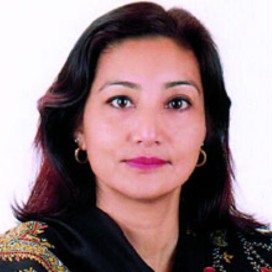
Lumanti Support Group for Shelter | Director

Mother Centre | Founder

Carole Kinoti Brands | CEO & Founder
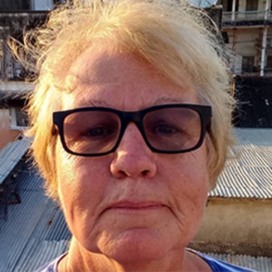
Huairou Commission | Executive Director

FEMUM ALC (Women&Municipalities net) | Coordinator
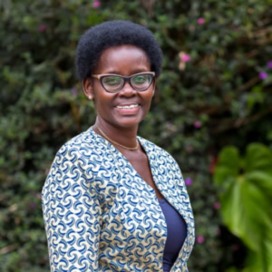
First Lady of Kisumu County
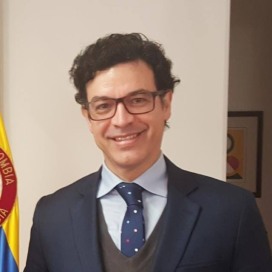
UN-Habitat LAC | Regional Director
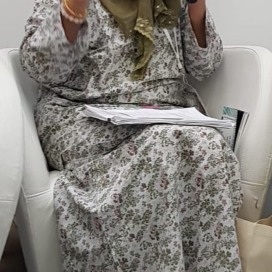
Huairou Commission: women, homes & community | Senior Progtam Advisor and Strategist

CICSCA, University of Cordoba | Emeritus Professor